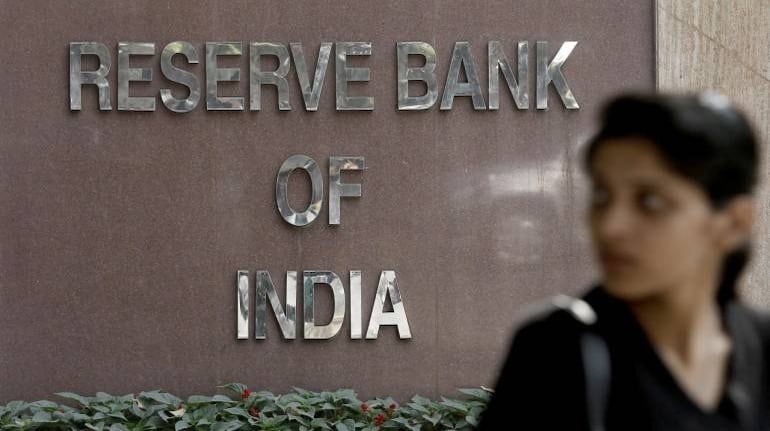
Gaurav Choudhury
The primary responsibility of any watchdog is to ensure that all players perform within the rules of the game. As the banking regulator, the Reserve Bank of India (RBI) enjoys significant oversight power, with accountability over a wide array of tasks. For instance, it has to sign off on CEO appointments as well as keep a strict vigil on who joins the banks’ boards.
The RBI has had a reputation of being more than a tough taskmaster, with orthodoxy being the overriding guiding principle in regulatory affairs. Two recent developments that have shaken India’s banking industry reinforces the RBI’s non-negotiable rules-based approach.
On September 28, Bandhan Bank, one of India’s newest full-fledged private commercial bank, informed stock exchanges that the RBI has ordered the freezing of its CEO Chandra Shekhar Ghosh’s salary and barred it from opening new branches without the central bank’s approval.
The reason? The bank failed to bring down the promoter’s shareholding to 40 percent by August 23, the day it completed three years of operation.
The RBI’s bank licensing rules mandate that a private bank’s promoter will need to pare its holding to 40 percent within three years, 20 percent within 10 years and to 15 percent within 12 years.
Bandhan Bank is one of the two banks (IDFC Bank being the other) which was given a universal banking licence under the RBI’s 2013 guidelines. It had started operations in August 2015 and got listed on stock exchanges in March 2018.
Bandhan Bank’s disclosure about the RBI’s action came barely a month after Kotak Mahindra Bank informed stock exchanges about the RBI’s rejection of its proposal to issue perpetual non-cumulative preference shares (PNCPS) to cut promoter holding.
The RBI has asked the bank to trim promoter shareholding to 20 percent of paid up capital by December 31 and 15 percent by March 31, 2020.
Uday Kotak, vice chairman and managing director of the Kotak Mahindra Bank, currently holds a 30.03 percent stake in the bank. The PNPCS issue was part of Kotak’s plan to pare his holding and meet the December 2018 deadline.
The RBI’s rules on cutting promoter holding in private banks is predicated upon the principle that concentrated ownership can lead to greater governance risks.
The instances of Kotak Mahindra Bank and Bandhan Bank show that the RBI will not show any leniency in diluting rules on the concentrated ownership. It has demonstrated the regulator’s ruthlessness in adopting a zero-tolerance policy on defiance.
Both incidents are similar in nature and raise some relevant questions.
Who is tasked with a bank’s fiduciary responsibility of running an institution that is essentially managing someone else’s money? Is it with the board of directors (not shareholders) or the promoters? What constitutes “control” in the Indian private banking context? Is it voting rights or economic ownership?
There is a two-pronged approach to contain systemic risks in Indian private banks arising out of too much control being wielded by a single shareholder.
There are ownership caps that have been imposed, as shown by the Bandhan Bank and Kotak Mahindra Bank instances. There are also voting rights ceiling specified under the rules of the Banking Regulation Act. The voting rights cap, fixed at 26 percent, is aimed to add an extra layer of safety net to ensure that promoters with large shareholding do not enjoy brazen power to ride roughshod over boards.
While the objectives of diversified ownership is well reasoned, there is now a growing line of argument that both the rules can actually end up stifling the banking industry’s growth. One question that this strand of thought raises is: doesn’t capping of voting rights take care of any likelihood of the risk of promoters trying push through unscrupulous interests? This is particularly relevant when the RBI has complete control over banks’ boards using the “fit and proper criteria”.
In the Indian context, given this regulatory architecture, the fiduciary duties of running a bank lie squarely with the boards. Former RBI governor YV Reddy, speaking at the Administrative Staff College of India in Hyderabad on February 1, clearly flagged that foreign shareholding in the largest private sector banks is well over 70 percent.
Clearly, foreigners hold a significant shareholding in India’s private banking system, effectively implying that most of these banks are incorporated in India but majority owned by foreigners. “Hence, the diversified ownership as a buffer is a myth. The fit and proper ownership, and not extent of ownership, should be the criterion and it is time we have that in banking in India”.
The buck, therefore, stops at the boards, not the owners.
Discover the latest Business News, Sensex, and Nifty updates. Obtain Personal Finance insights, tax queries, and expert opinions on Moneycontrol or download the Moneycontrol App to stay updated!
Find the best of Al News in one place, specially curated for you every weekend.
Stay on top of the latest tech trends and biggest startup news.